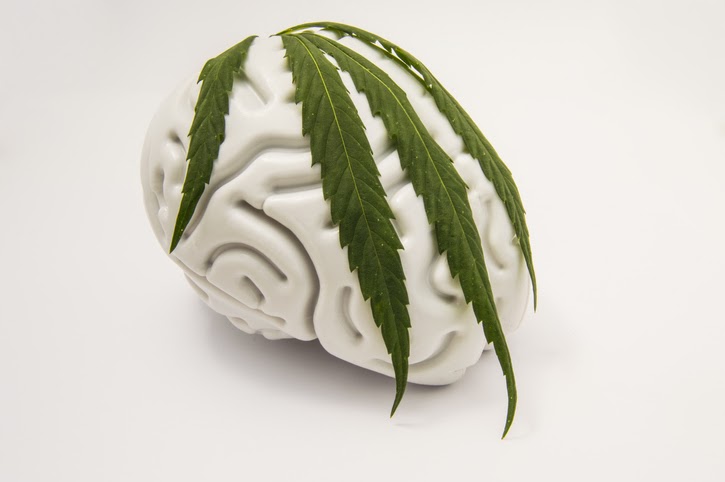
For ages, people have asked, 'Does weed affect memory?' Many have asked numerous times because they forget the last answer they received.
Kidding, but not by much. The truth is that the concern is valid. The effect cannabis can have on memory remains mostly a mystery, but it may be mediated by lower left hippocampal volume (Paul, et al., 2020). That said, any cannabis consumer is likely aware of this situation already.
Many of us who have smoked and eaten cannabis can attest that it impacts our memory. For example, some of us might forget what we're saying mid-sentence. These effects are often harmless enough, typically short-lived, and seemingly wear off as the THC intoxication lessens.
The age-old adage is that consuming cannabis early in life can lower IQ and lead to abusing hard drugs later in life. How much of this is true? Even if false, numerous other questions remain. Does smoking weed affect your memory? What about your thought process? And more, does repeated use over a long time put us at risk of damaging these receptors somehow?
Let's get into the subject to unpack what we know so far.
Human-Focused Lab Research Remains Limited
As with most cannabis issues, the research is limited despite legalization growing nationwide. The federal illegality of cannabis makes funding for research next to impossible in America.
Thankfully, other nations are passing America on cannabis reform, primarily when it comes to research on cannabis. Today, countries like Israel have asserted themselves as growing leaders in the field.

Does Smoking Weed Affect Your Memory? Here's What The Research Says
Most articles will tell you that cannabinoids like THC will bind to receptors in the brain, impairing our memory. As we sober up, this impairment dissipates, but the effects can remain after the fact. However, there is limited evidence suggesting that THC impairs working memory. A study from 2020 found that doses of 15mg of THC induced an impairment in working memory, but at lower doses of 7.5mg of THC, it had no effect (Adam, et al., 2020).
As studies currently stand, the effects of memory loss when consuming cannabis are typically temporary. This outcome is because, as mentioned above, cannabinoids like THC bind to bind to receptors in our brain, mainly in the hippocampus, amygdala, and cerebral cortex. These parts of our brain are responsible for forming memories.

The long-term effects of cannabis on memory are also poorly studied, but a 2020 review identified six studies that collected longitudinal data. They note that long-term use of cannabis can affect all domains of memory compared to individuals who did not use cannabis. However, studies have also found that stopping cannabis use demonstrated long-term improvement in memory recall compared to individuals still using cannabis.
Age is also believed to play a significant part. The review also reported on longitudinal studies with 13-year-olds who were followed up 25 years later and tested again on their memory. The studies show that teens around age 13 who start smoking cannabis demonstrate a decline in verbal and general memory performance (Blest-Hopley et al., 2020).
Additional Research Is Needed
It's a broken record at this point, but more research is necessary to support claims that cannabis consumption impacts our brains' function. There is a significant amount of scientific evidence to support the notion that medical cannabis can help with mental health conditions like anxiety, PTSD, and depression.
That said, caution should be exercised, especially at a younger age. Research suggests cannabis consumption during the developmental phases of human life can affect our memory and ability to learn. Beyond this developmental stage, we still don't have any concrete evidence to support or deny long-term damage claims. As the layers of prohibition pull back, we will hopefully see more of this vital research conducted, and science will be updated accordingly.
The information in this article and any included images or charts are for educational purposes only. This information is neither a substitute for, nor does it replace, professional legal advice or medical advice, diagnosis, or treatment. If you have any concerns or questions about laws, regulations, or your health, you should always consult with an attorney, physician or other licensed professional.




